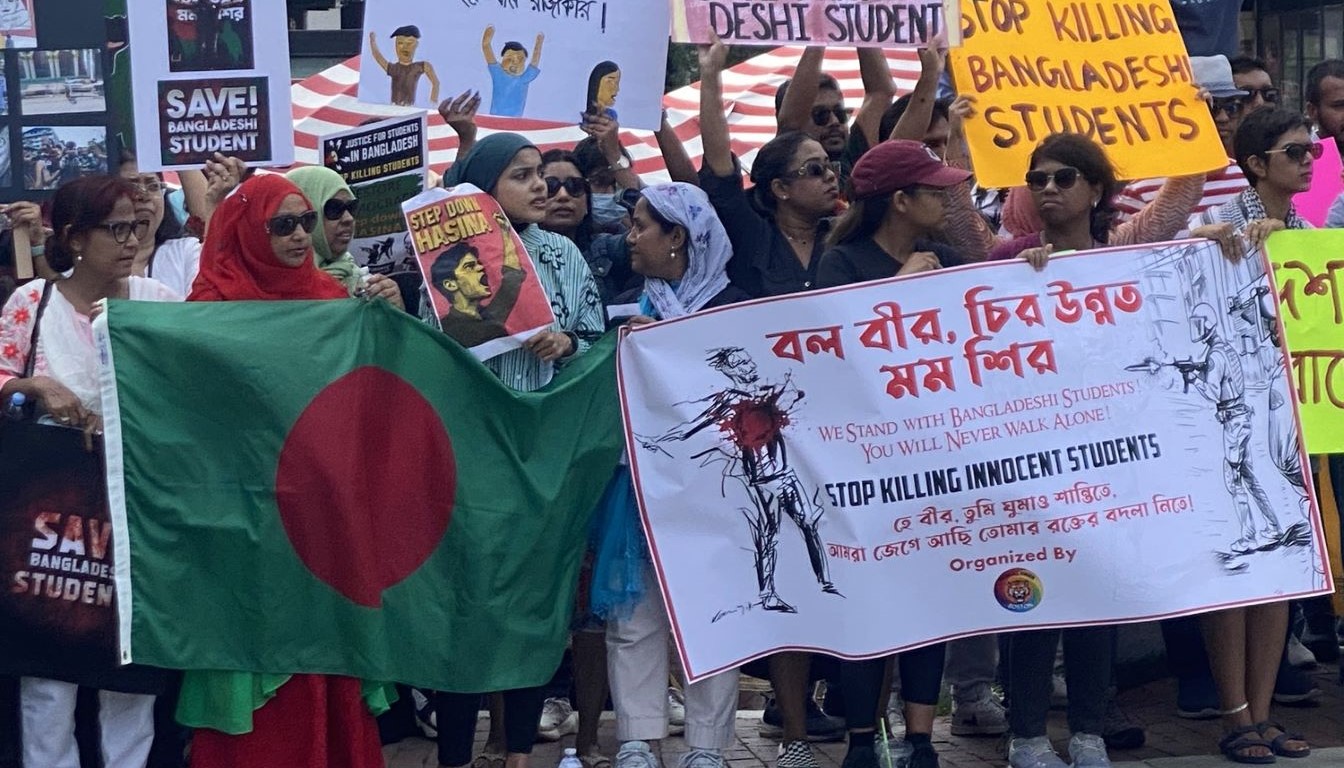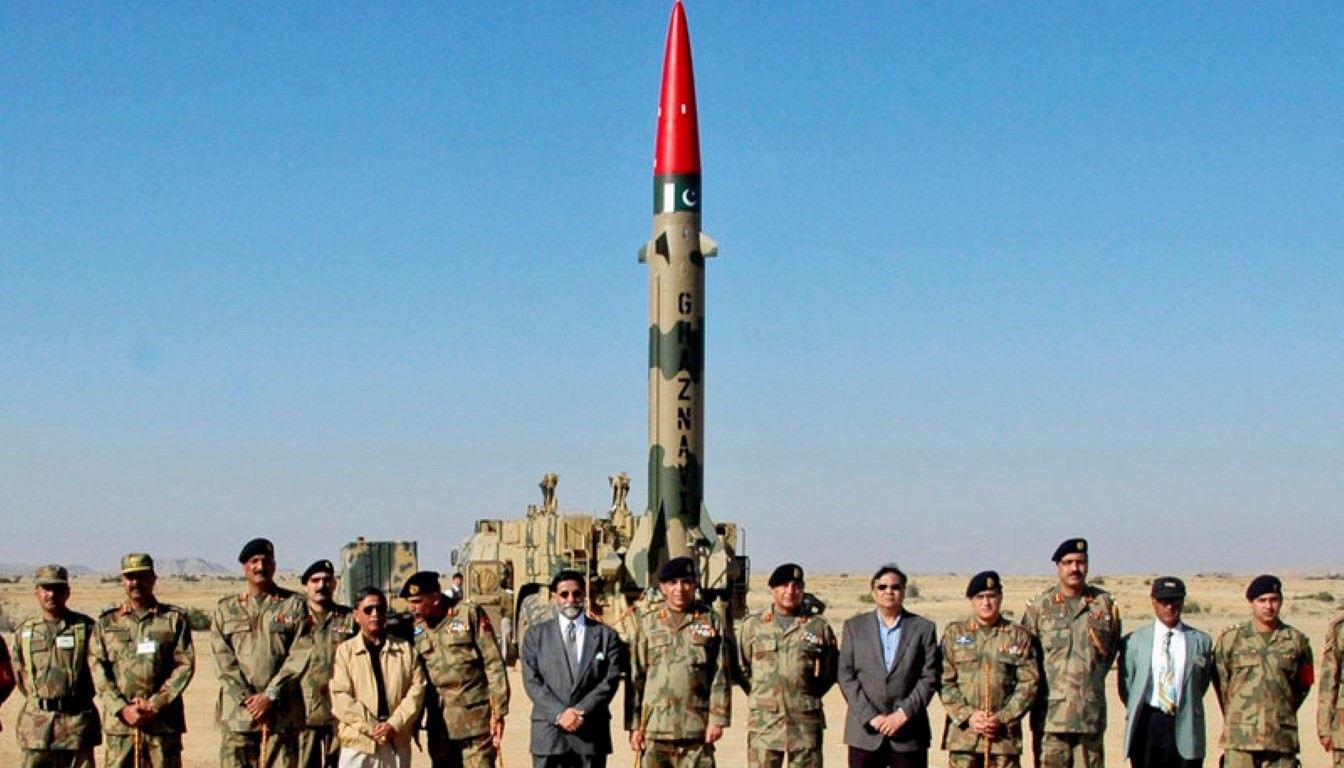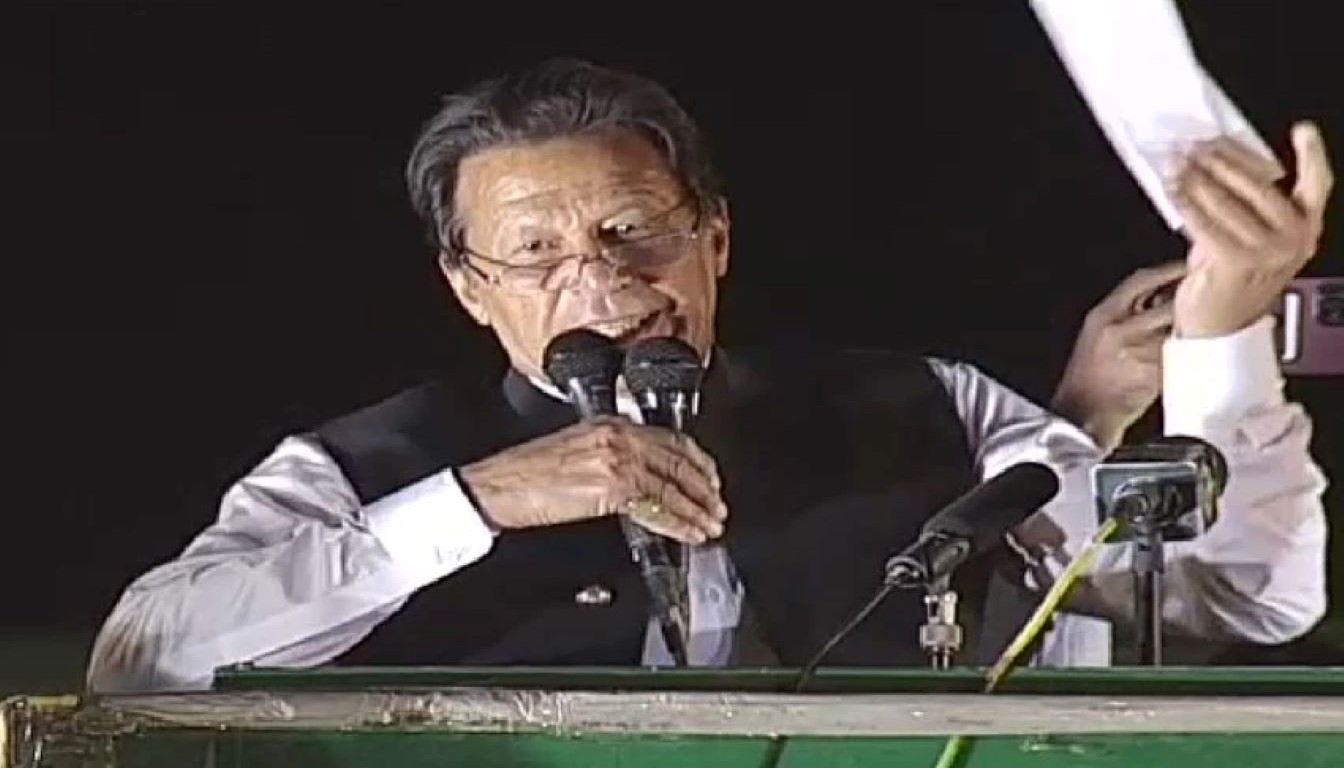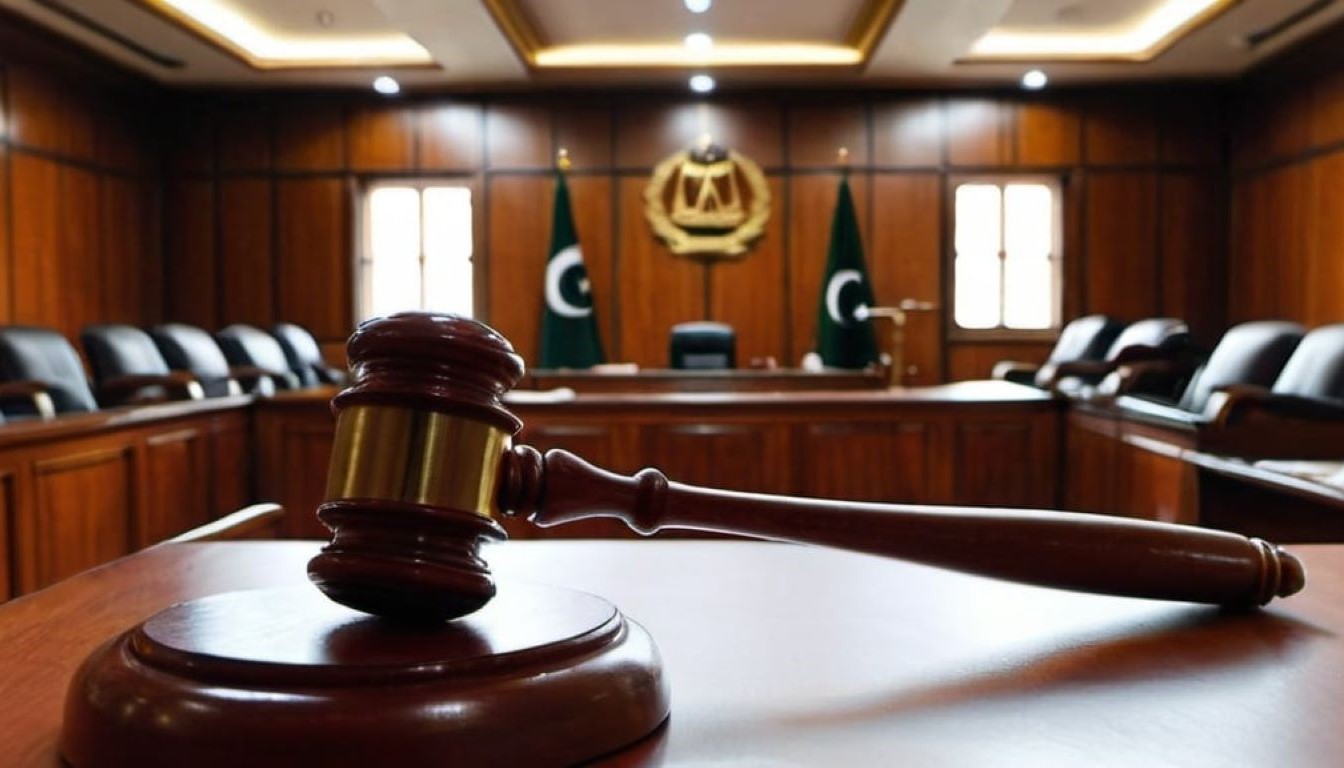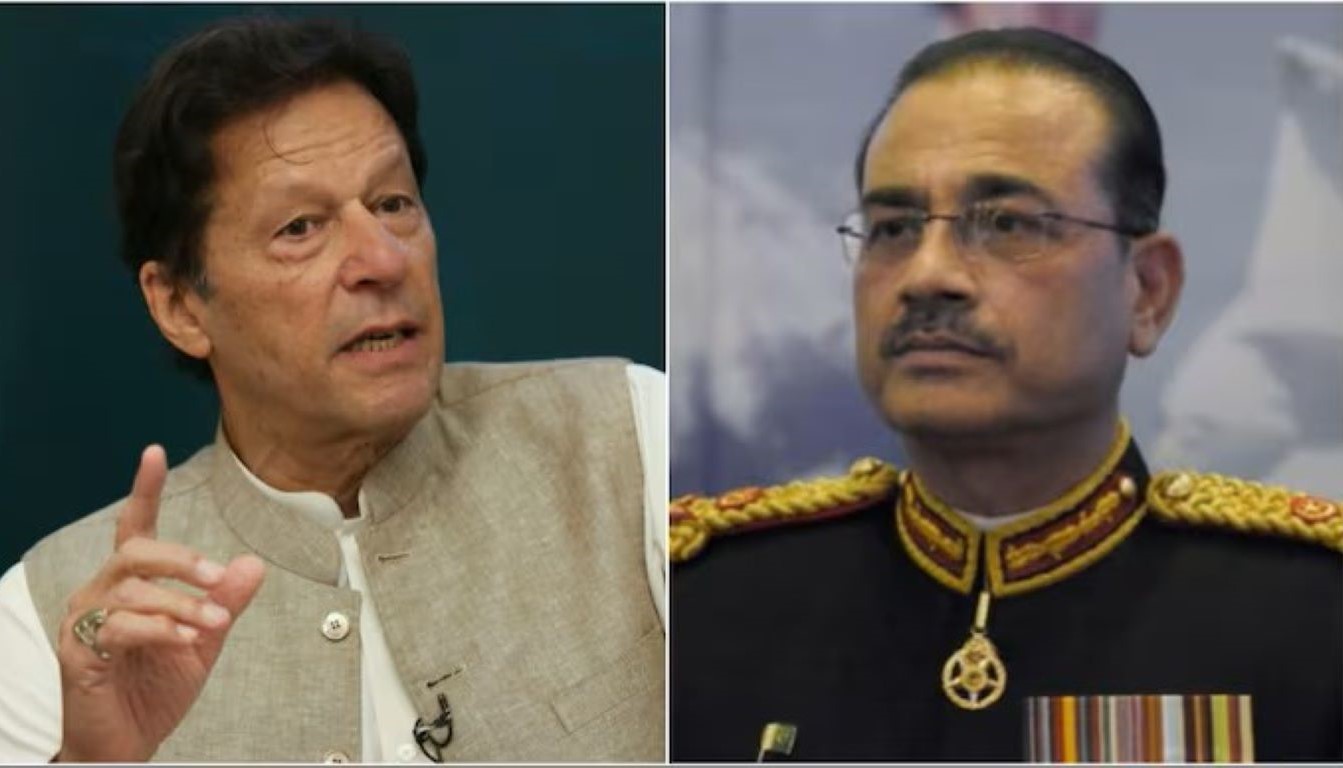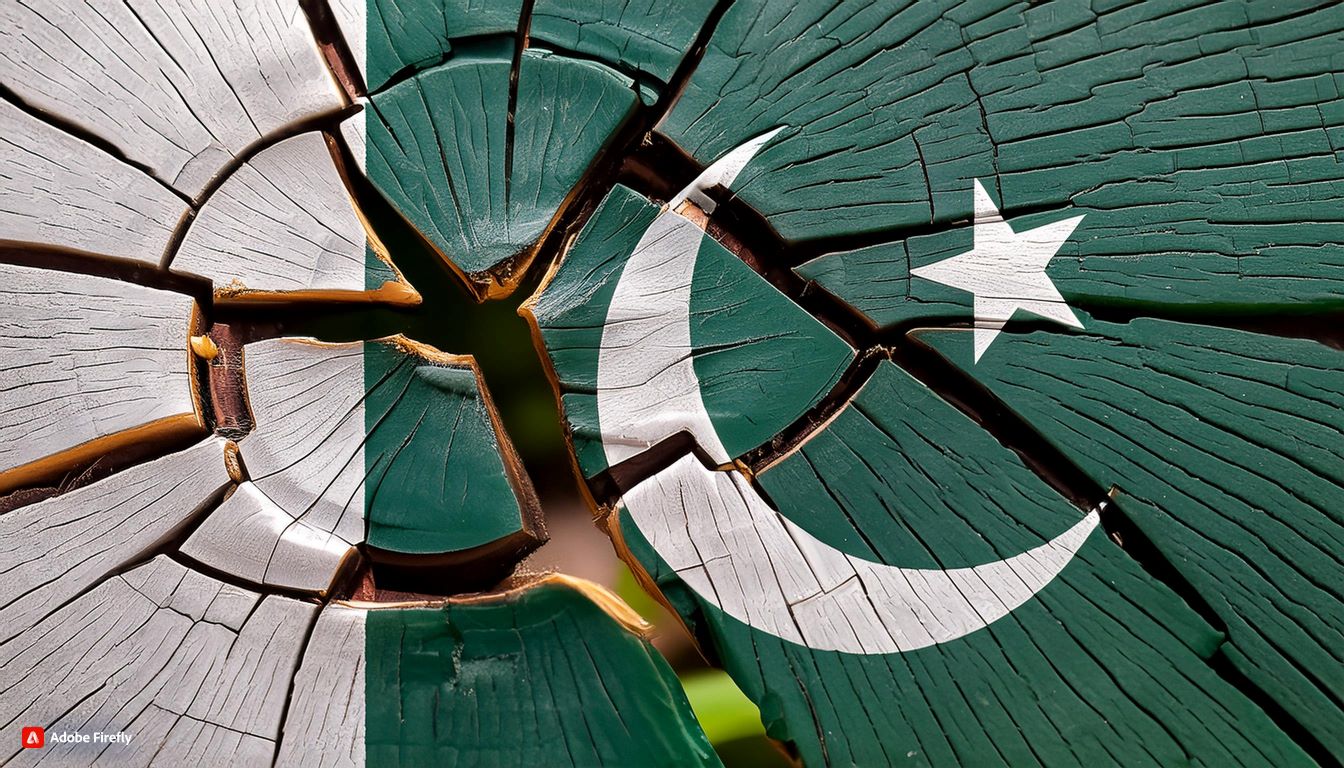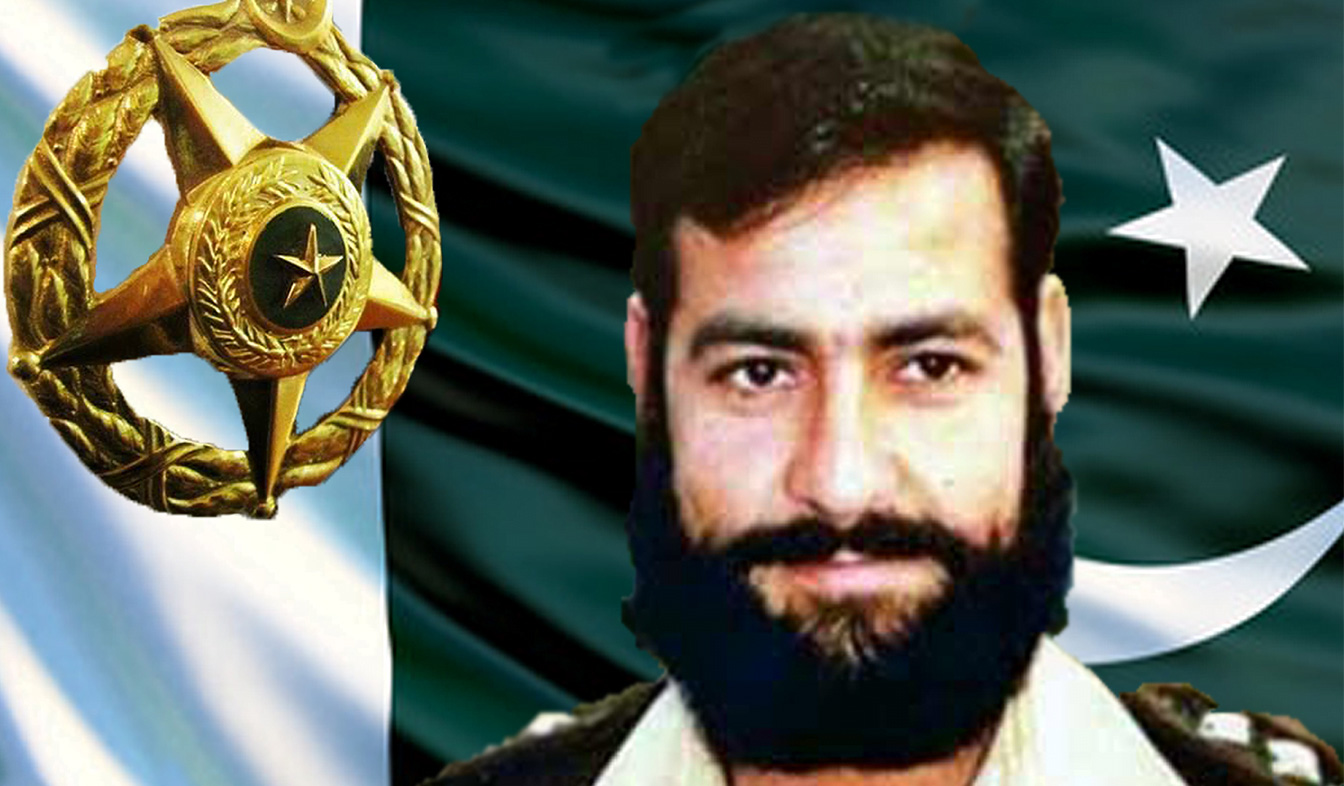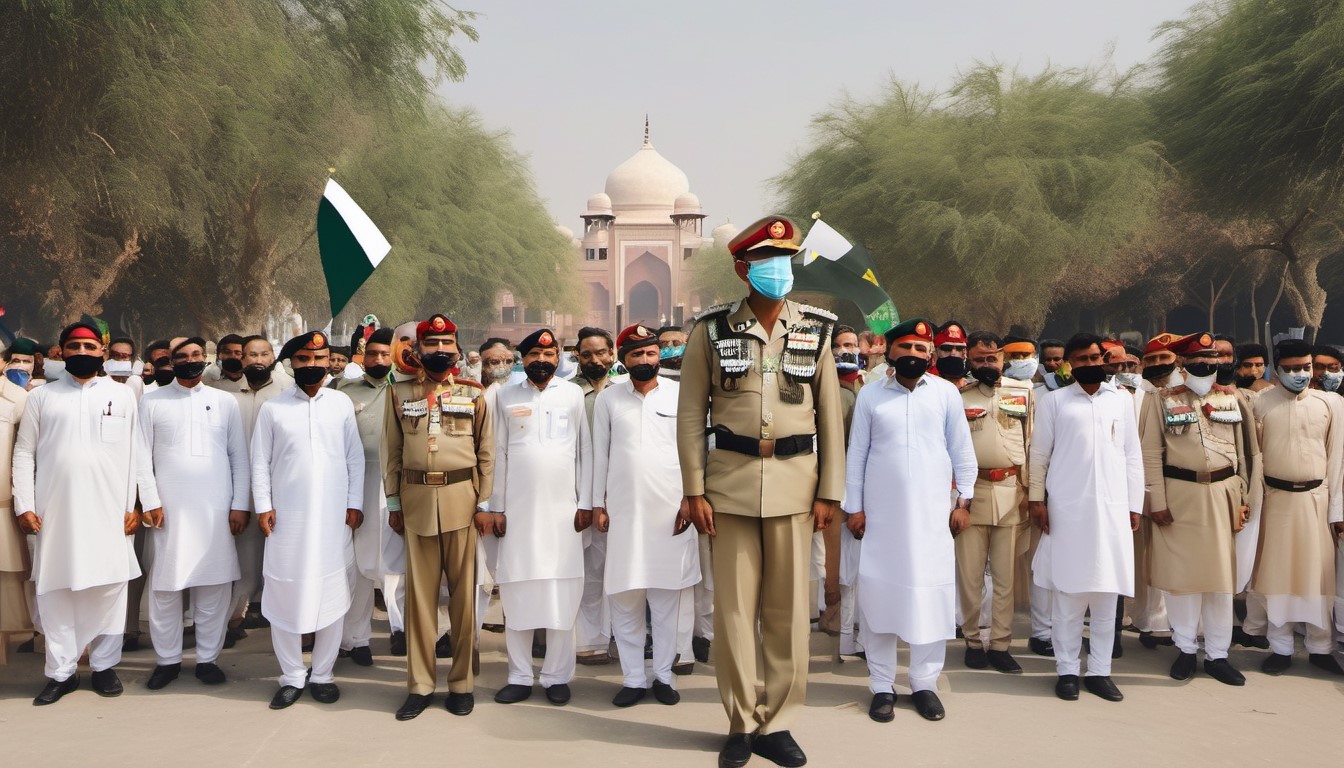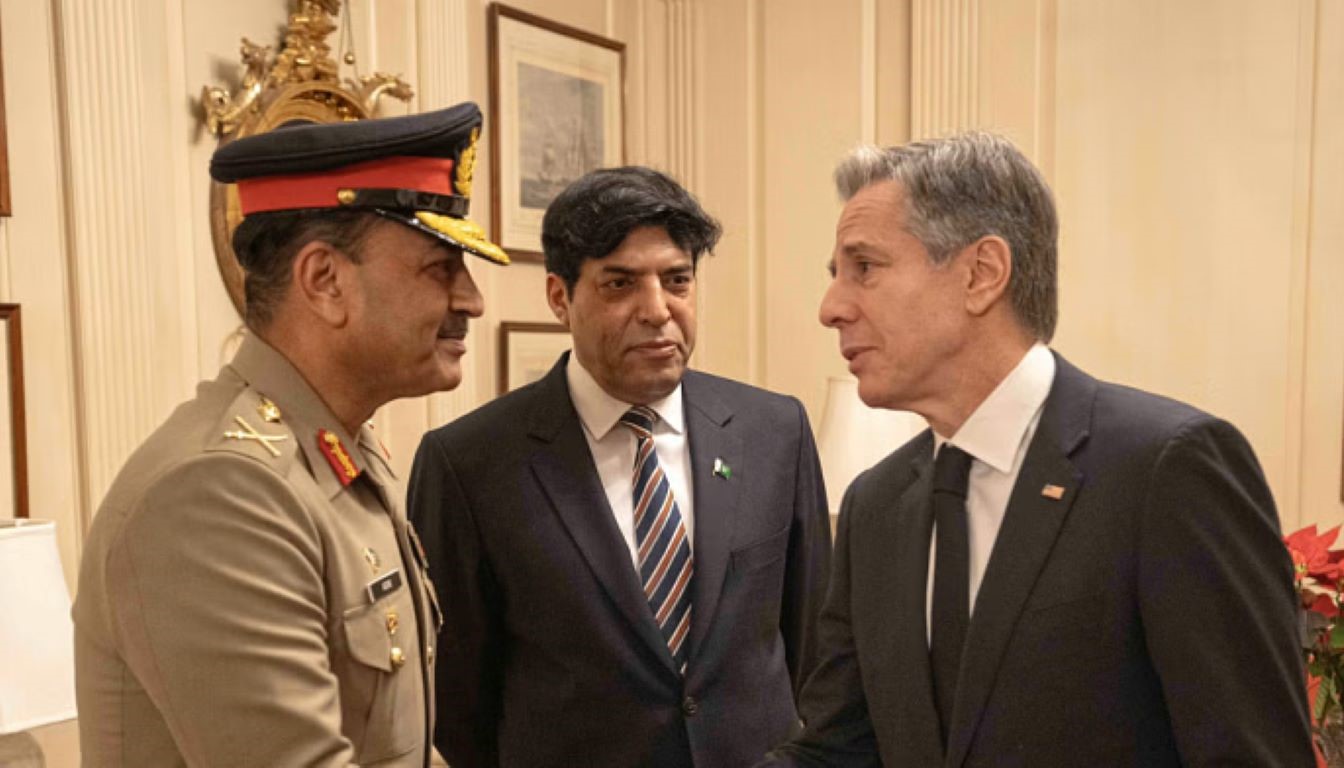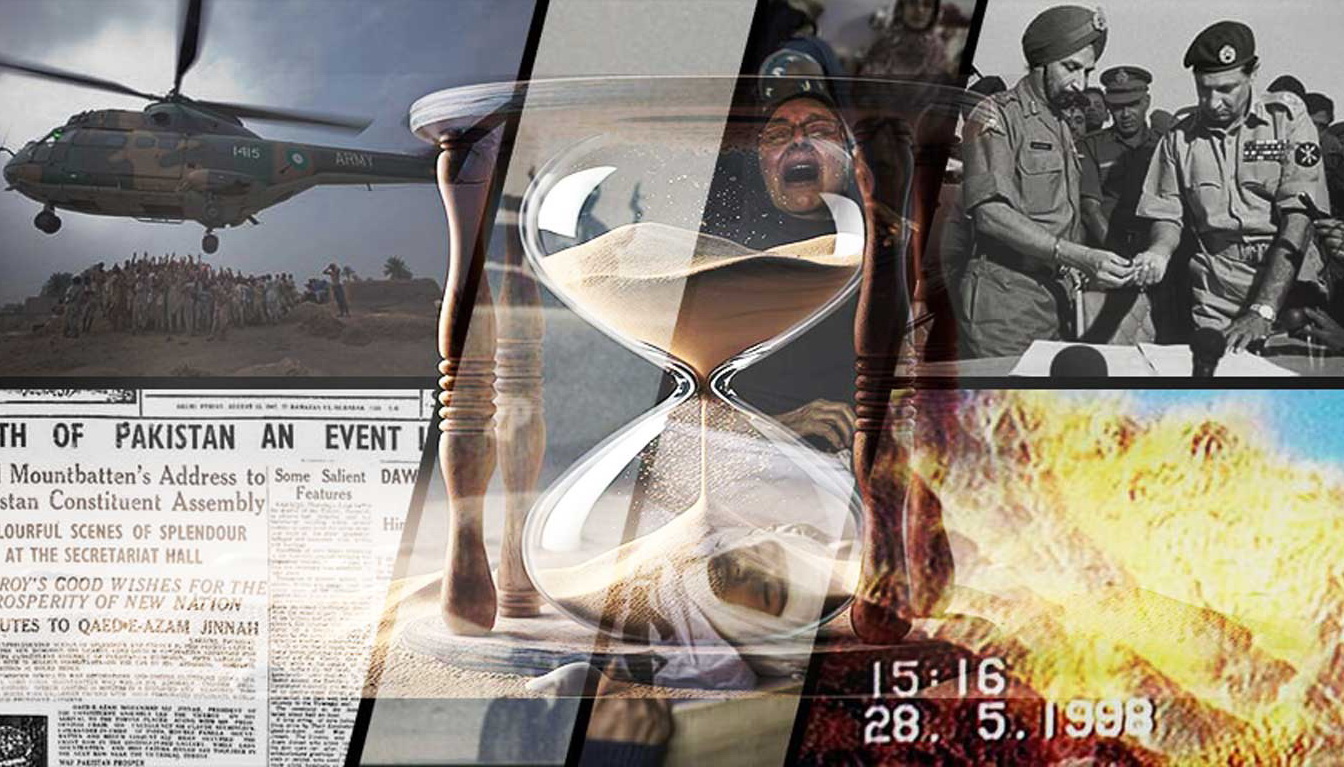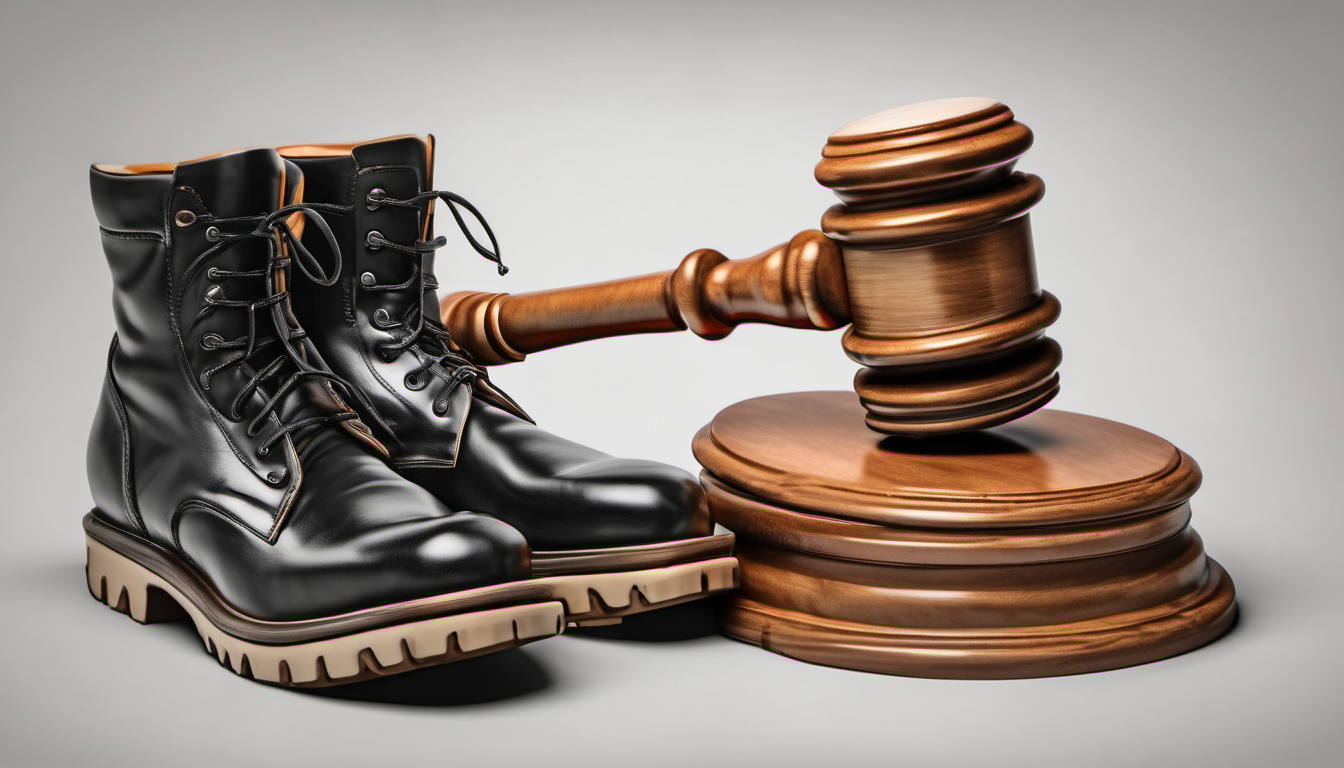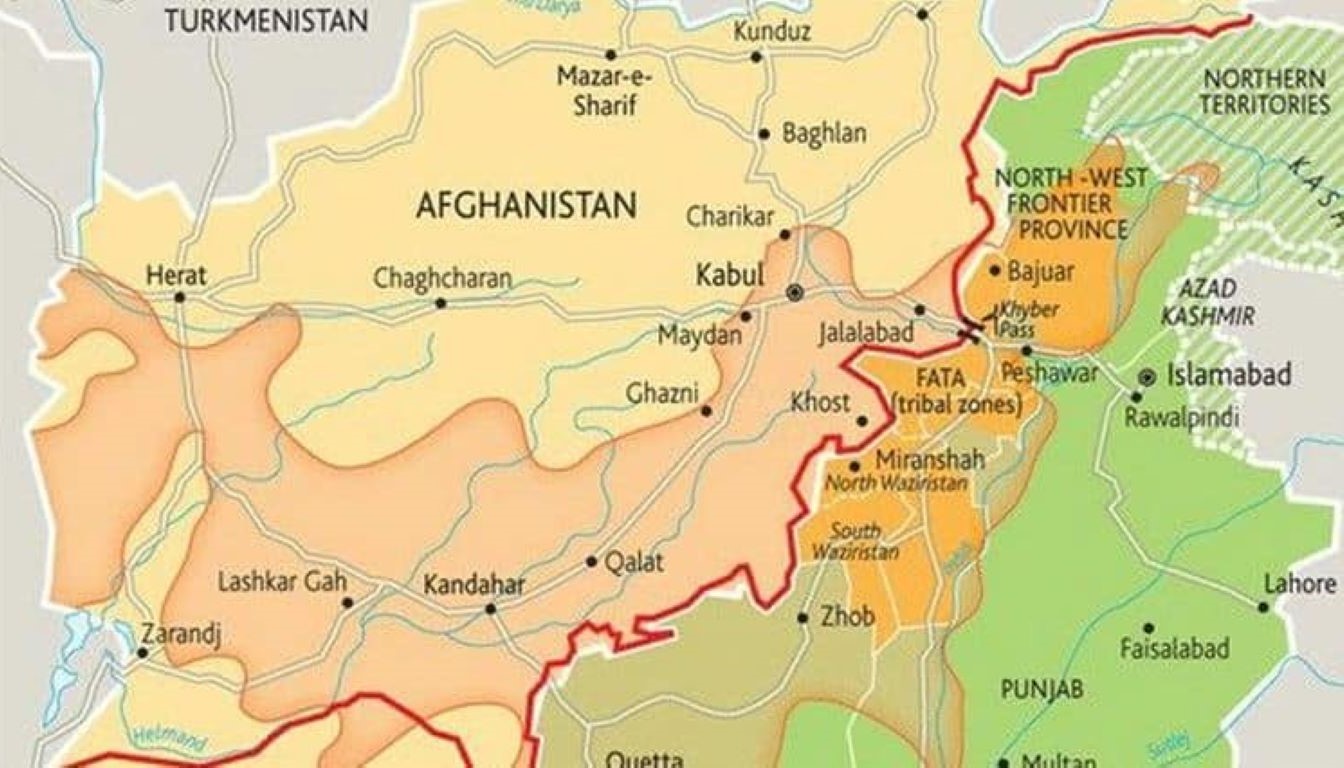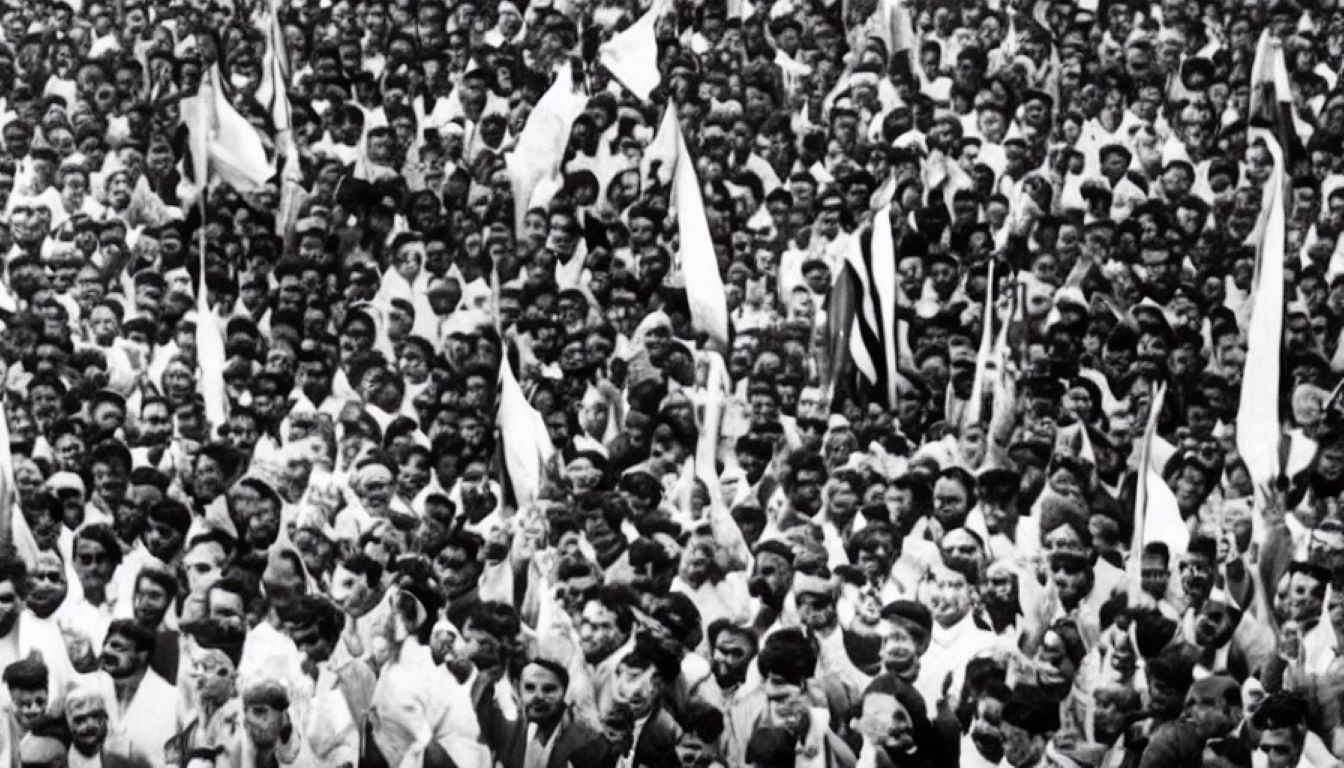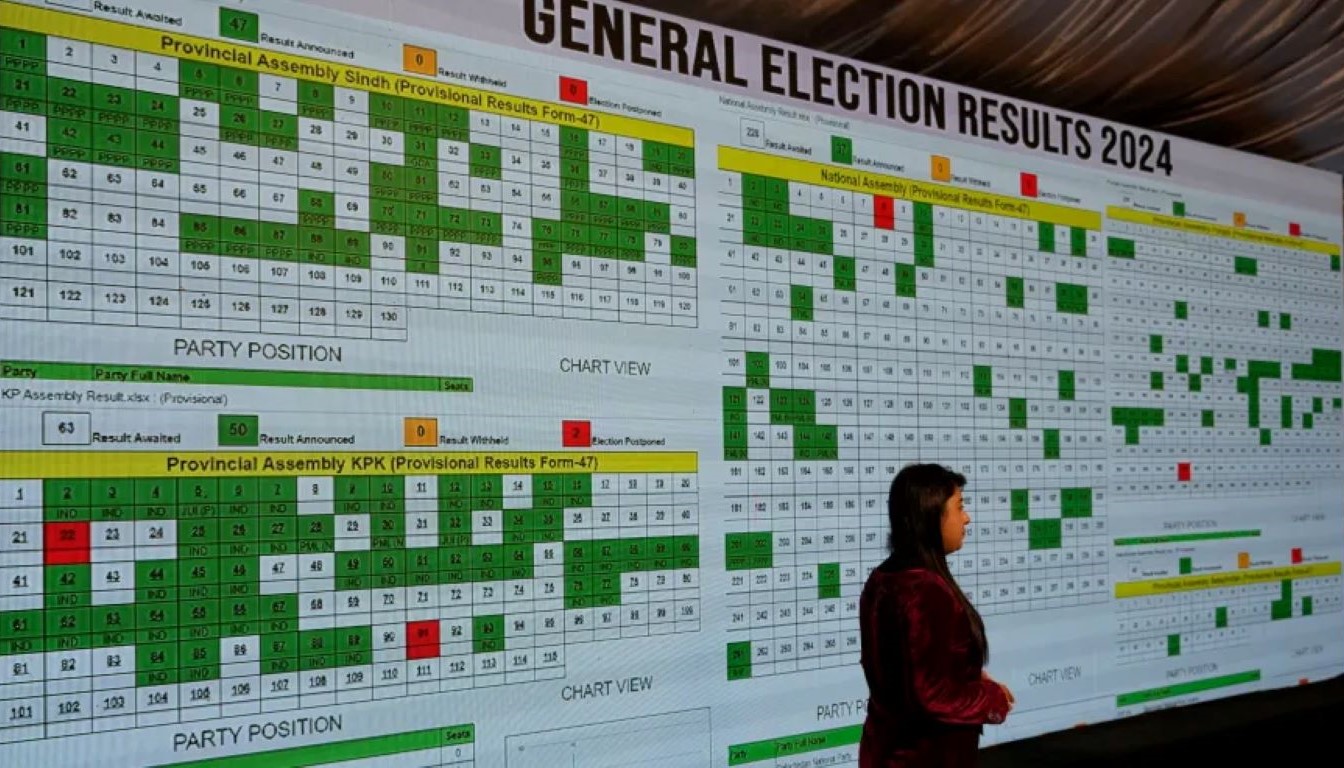For those who love their country and are aware of what is being done to it, these are trying times. Often in times like these, the mind goes off in search of a hero. And so does mine. The hero my mind has settled on is not the sort on whom kinetic blockbusters are made, but a quiet, deep thinking, dignified officer, who was known to mind his own business and as one who tried to bring perfection to whatever he did. Those who knew him better were wont to swear that his quiet exterior belied nerves of steel.
It was my privilege to have served with Brig F. B. Ali for the few months that he was Deputy Commandant of the Pakistan Military Academy. Just before the 1971 War, he was posted as the Artillery Commander of Army Reserve North, with its headquarters in Gujranwala, along with those of the 6 Armoured Division and the Army Reserve North.
This war was a disaster in the East, and a disaster waiting to happen in the West, from which the ceasefire of Dec 17 rescued it. War was a serious matter and not recommended to be waged by a few drunks at the top, assisted by a few cowards around them. For those aware of this make-up in our senior command, the denouement of the war did not come as a shock.
Brig Ali was one such officer. After the surrender, he thought that he needed to take some personal responsibility for this disaster. So, on the evening of Dec 17, he sent in his resignation.
As the news about the surrender in East Pakistan spread, so did news of public demonstrations against the regime. Ali was certain that the shame of it all would incline the regime to throw in the towel, but instead, papers on Dec 18 announced Yahya’s plan to promulgate a new constitution. This would bring a defeated and discredited army face to face with an enraged population. In Brig Ali’s view, this was the last thing that a broken Pakistan needed, and so, it had to be stopped.
He shared this concern and conviction with Col Agha Javed Iqbal [Col Staff 6 Armoured Division], Brig Iqbal Mehdi Shah of the same division, and Col Alim Afridi S.J, Col Staff with the Army Reserve. He had never known the former, and though he had known the Brig, the two had never got along, but Afridi was a friend of his. The miracle was that all three agreed with him completely.
On Dec 18 morning, Gen Karim [ Commander 6 Armoured Division] called a meeting in which these officers, and a couple more were present. After Karim was finished with his business, Brig Ali called his attention to the problem besetting the minds of his officers, and requested him to convery these feelings to GHQ without loss of time. The Gen agreed but said he needed some time to think over how best to do this.
By Dec 19, when F.B found that the General had done nothing, he drafted a proposed signal from Gen Karim to the CGS [Gen Gul Hassan] and went to see Karim along with Agha Javed Iqbal [AJI] in his caravan [the room on wheels which are used as quarters for generals during war]. There he handed the draft signal to Karim and asked him to send it to the CGS.
Gen Karim read it and turned pale, and then cold. His tone became officious and he told them to wait outside while he thought over how to proceed. Presently he emerged from his caravan and called for his jeep. Ali got a stong feeling that he was on his way to see the Corps Commander to report the train of events at his headquarters.
This would be a disaster which would further entrench the regime, and this AlI was not going to allow. Right on the spur of the moment he told the General to retrace his steps and had him know that he [Ali] had taken over the command of the Division. Speechless, the General did what he was told.
Then Ali ordered Lt Col Khurshid, commander of the signals batallion, to block all communictions in or out of the headquarters, and to immediately send over three armed officers to attend to him. He also asked Brig Iqbal Mehdi Shah to order one infantry company of his brigade to be deployed for the defense of their HQ.
No sooner was this done, than Maj Gen Bashir Khan, commander of the Army Reserve, happened to drop by. He made his way to Gen Karim and after hearing what he had to say, shouted out at Brig Ali, informing him that he was under arrest and that he would immediately be taken to the Corps Headquarters pending further action against him. Ali drew his attention to the three officers with drawn weapons. Gen Bashir understood at once that it was he who was under arrest, and became very pliable, inviting Ali and the rest of the officers to a discuss the matter further.
As the discussion began it was joined by Maj Gen R.D. Shamim, commander 17 Division in the Army Reserve. Brig Ali concluded this discussion with the three demands of his officers: 1] the regime must go, 2] the incompetent and the cowardly among the senior command be thrown out, and 3] the government be handed over to the only legitimate entity in the country i.e those who had won the 1970 elections. It was then decided to call Gen Gul Hassan [the CGS] and ask him to come over to get a personal briefing on where things stood. Towards this end, Gen Bashir and AJI [who had been Gul Hassan’s adjutant] spoke to the CGS, who told them, that he could not move out of GHQ and that it would be best if an officer could instead be sent over to brief him in his office.
It was therefore decided to send AJI and Col Alim Afridi to GHQ to brief Gen Gul Hassan. Generals Karim and R.D. Shamim each wrote personal letters to the CGS to be carried by the Colonels. But the crux of the message they carried was verbal i.e that Yahya should broadcast an announcement that he was stepping down, no later than 8 pm that very evening, failing which “the control of the brewing situation could not be guaranteed.” In short, that if Yahya did not make the desired statement by 8 pm, the troops in Gujranwala would move on GHQ!
AJI and Col Afridi left for Rawalpindi by helipcopter in mid-afternoon, and were in Gul Hassan’s office a couple of hours later. They found the General in a depondent mood. While packing some files and papers in his briefcase, he informed them that since he was being blamed for the defeat, he had decided to resign.
But when he heard what the two Colonels had to tell him, he perked up considerably, and immediately called up his friend, the Air Chief, Air Marshal Rahim Khan, to come over without loss of time. When the latter joined them and heard out the Colonels, Gen Gul Hassan called the COAS, Gen Hamid, and asked to see him latest by 7 pm. At 8 pm Gen Yahya addressed the nation and announced his departure from office. Gen Gul Hassan then called Bhutto, who was in Rome and told to hold on there till the situation was clear. Now he informed Bhutto that the way for him was clear and that he could return to Pakistan. Bhutto returned the next day, Dec 20, and took over as the Chief Martial Law Administrator and the President of Pakistan.
But the Junta were not done yet. Lt Gen A.O. Mitha [the QMG] who was especially close to Generals Yahya and Hamid, and was once commander of the SSG, tried to get hold of an SSG company. His aim was to have this sent to Gujranwalla to take control of the group there, which was moving all the strings. But the SSG was under command of the CGS, and Gul Hassan frimly stamped out this effort.
Next, the COAS [ Gen Hamid] sent out Gen Jilani [D.G ISI] and Brig Iqbal, Director Military Intelligence, to visit Gujranwalla to give him a report on what the situation looked like on the ground. Both flew in to HQ 6 Armoured Division at about 10 pm. Gen Jilani made some small talk, but Iqbal tried his best that Brig Iqbal Mehdi Shah removed his infantry company which had been deployed to secure the HQ. Failing in this effort, he went over to 17 Division to get an Infantry batallion to move against HQ 6 Armoured Division, but had no better luck.
On the moring of Dec 20, in a last throw of the dice, the COAS had all garrison officers assemble in the GHQ Auditorium, where he addressed them, and attempted to assess if he would be acceptable to the officers, to continue as the Army Chief. He was hooted off the stage. Then it was the turn of Lt Gen Khuda Dad to be paraded for acceptance, and then Gen Mitha. They too were heckled and hooted off.
A few hours later Bhutto landed and took over. Within about a week Brig F.B. Ali received a transfer order with immediate effect, to take over the Artillery School Nowshehra. He was not allowed time for his farewells. About a month after this a court of inquiry was assembled to inquire into the happenings at Gujranwala on Dec 18 onwards with reference to Brig Ali and his group. This took a few months to conclude, and Brig F.B. Ali, Brig Iqbal Mehdi Shah, Col Alim Afridi, Col Agha Javed Iqbal, and Lt Col Khurshid were compulsarily retired. The charge, if you please, was that they had engaged in a conspiracy to “prevent” the hand over of power to a civilian government in Dec 1971!
Here you had Bhutto showing himself for what he really was. He had this compulsion to resort to lies even when these were not needed!

